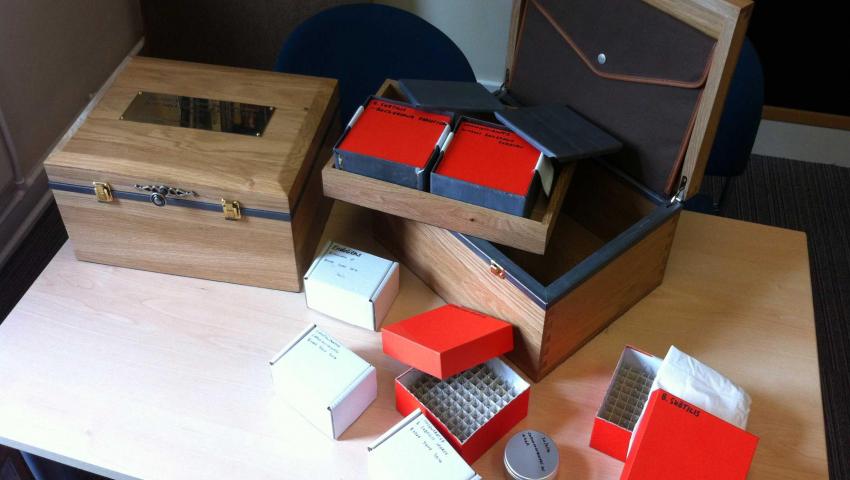Take your time

Oil drop experiment from the University of Queensland, started in 1927
Image Credit: C S Cockell
What do you do if your scientific questions demand extreme environments, or take place over hundreds or even thousands of years? You might think that means that experiments are not possible, but Charles Cockell and his colleagues would like to prove you wrong.
Experiments are not an option for many astrophysical and geophysical processes; they take place in extreme environments or the processes of interest take too long. Observation and modelling help, but progress in these fields can be hampered by assumptions that cannot be tested. Long-term experiments could help, argues Charles Cockell of the UK Centre for Astrobiology at the University of Edinburgh and, more than that, they have huge potential for outreach. He’s already set up a 500 year experiment (read more about it here) and is now thinking of a much longer timescales, and hoping for help from the scientists and curators of the future.
Museums would be excellent homes for such experiments, combining as they do long-term care and curation and intriguing unanswered questions. Museums offer skilled curators and, in turn, long-term experiments offer opportunities for outreach, now and in the future.


